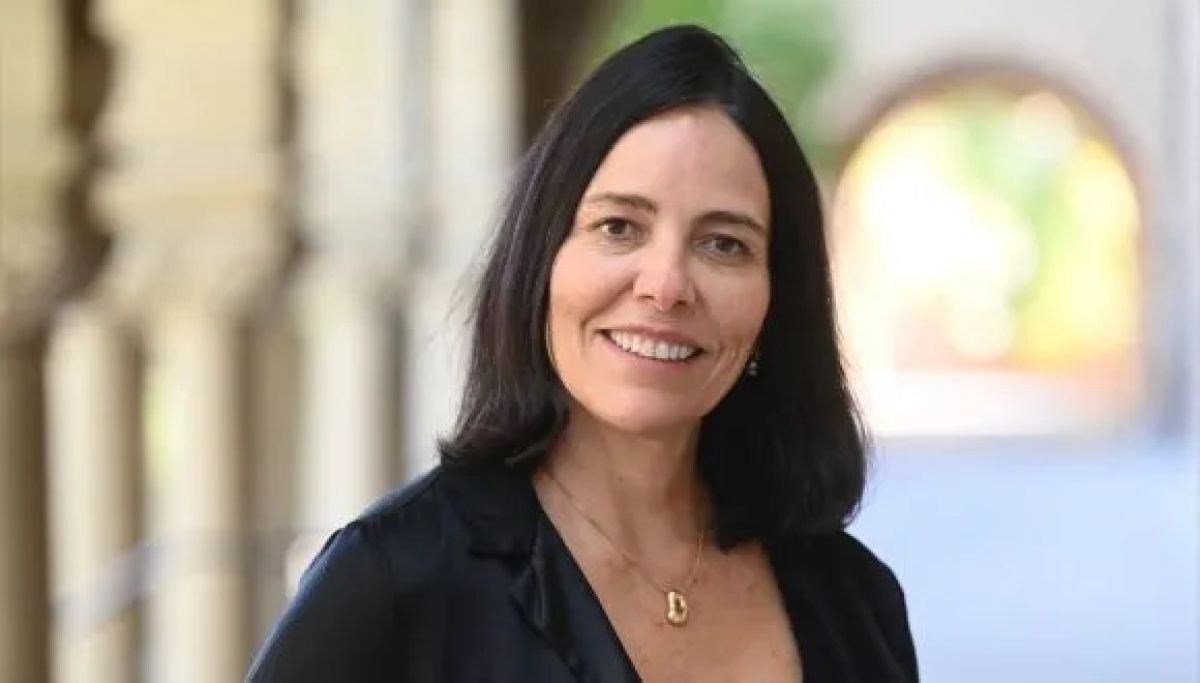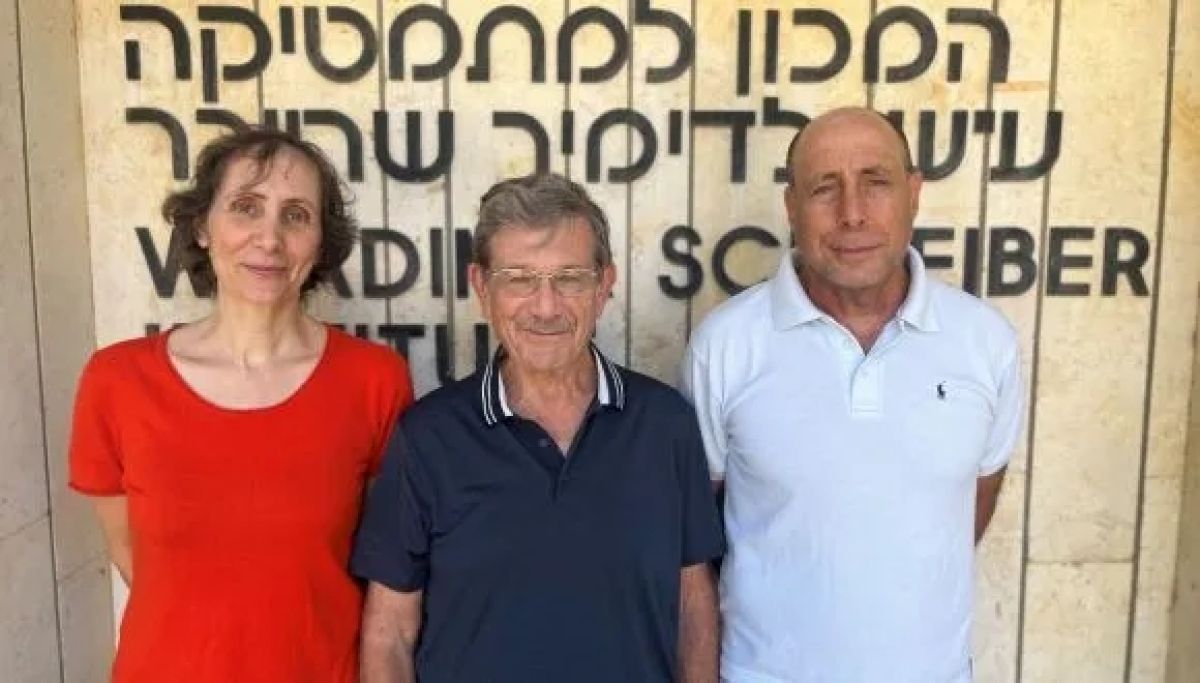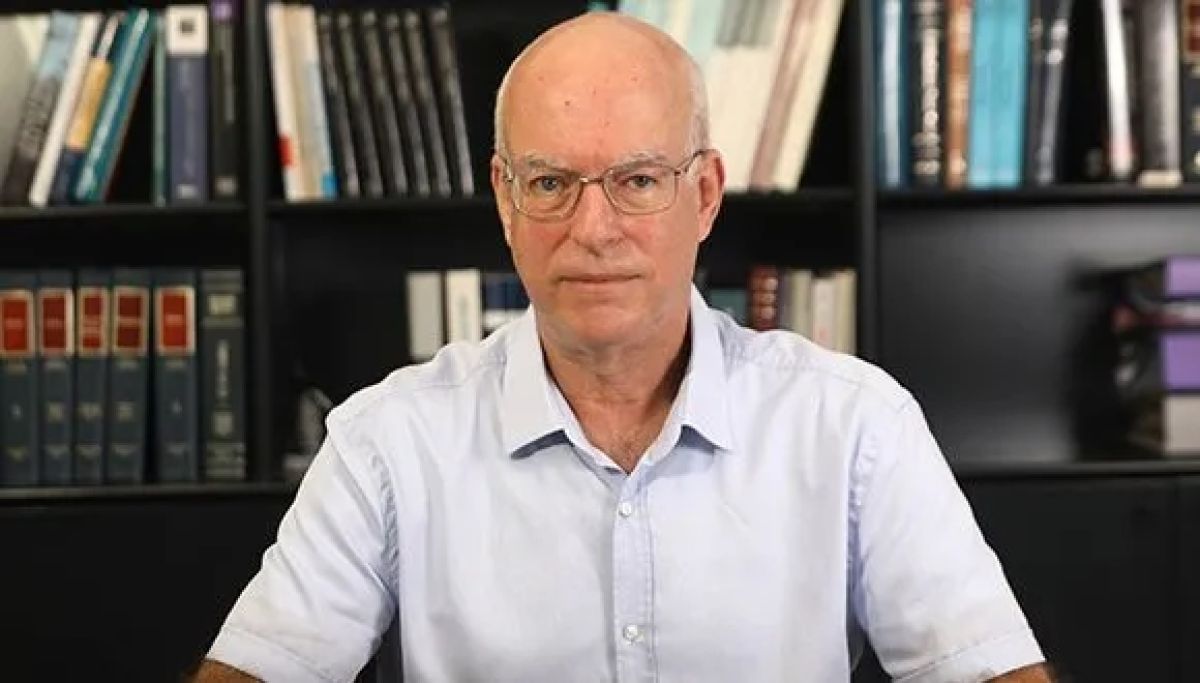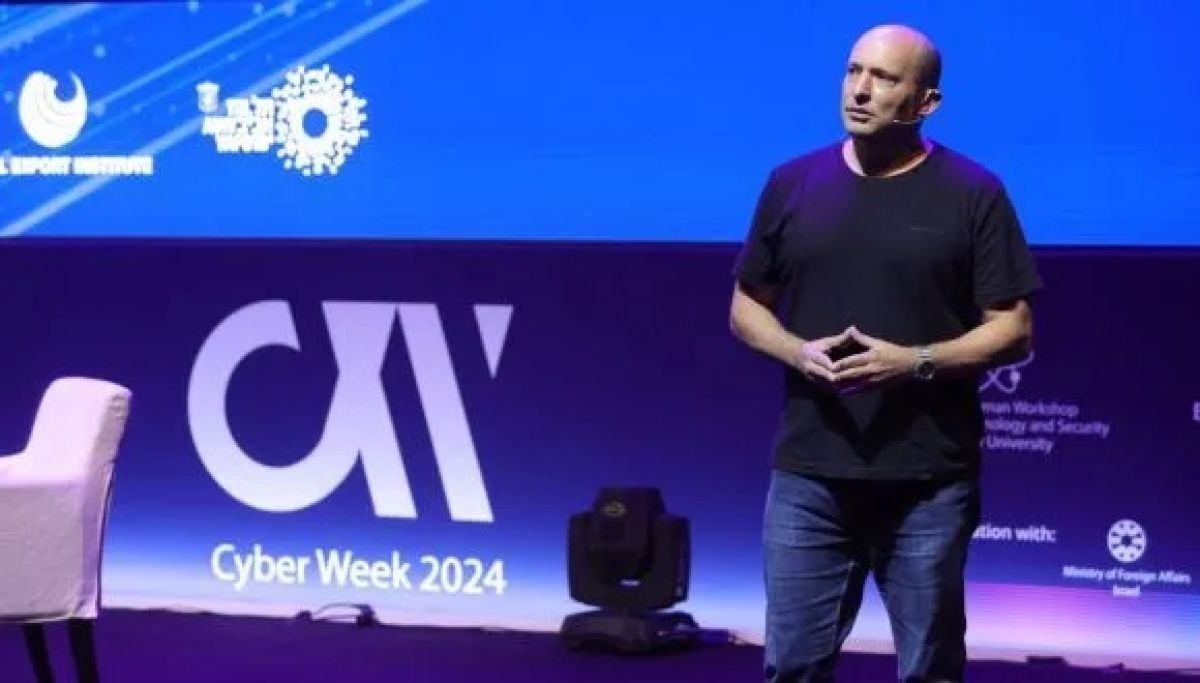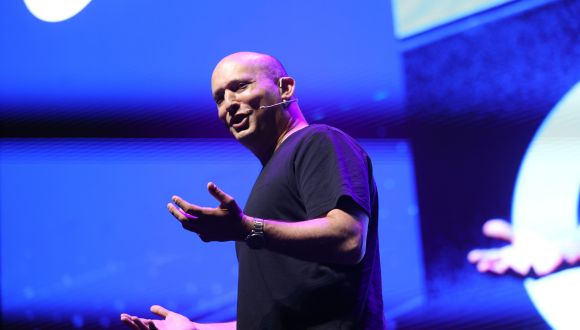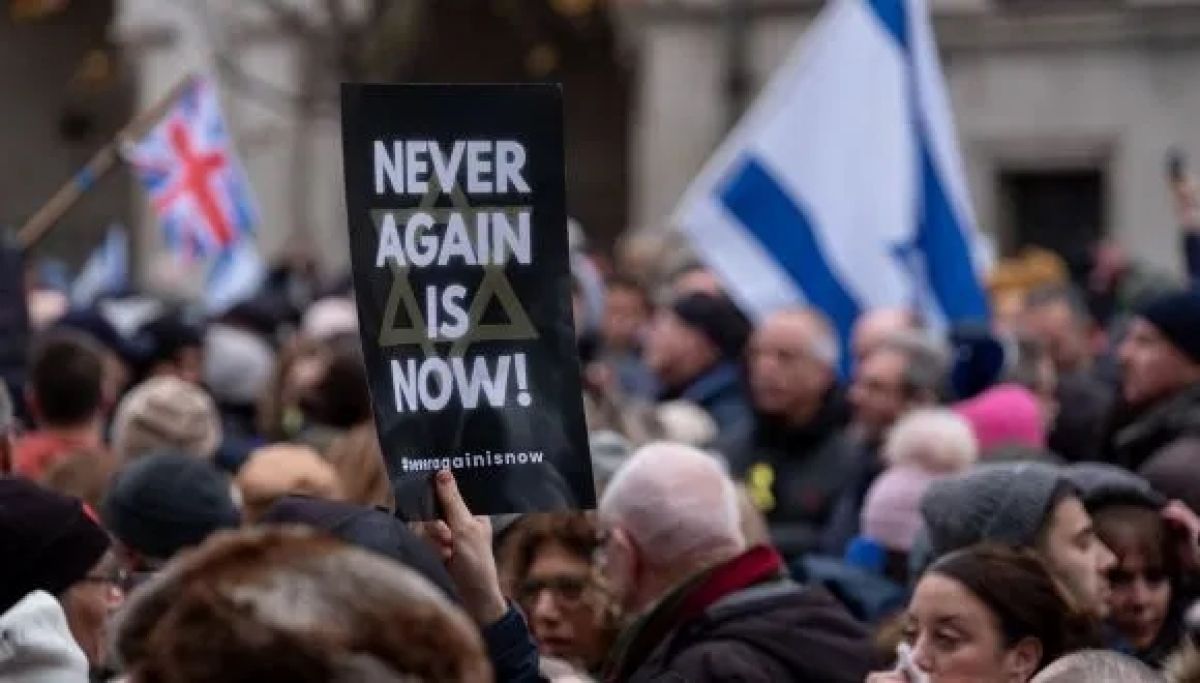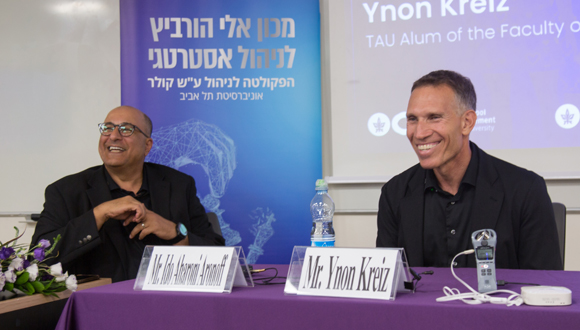The Annual Antisemitism Worldwide Report, published by Tel Aviv University and the Anti-Defamation League (ADL), reveals that 2023 saw an increase of dozens of percentage points in the number of antisemitic incidents in Western countries in comparison to 2022. A particularly steep increase was recorded following the October 7 attacks, but the first nine months of 2023, before the war started, also witnessed a relative increase in the number of incidents in most countries with large Jewish minorities, including the United States, France, the UK, Australia, Italy, Brazil, and Mexico.
“October 7th helped spread a fire that was already out of control,” states the Report.
Link to the full report
Countries recording steep increases
According to the Report, in New York, the city with the largest Jewish population in the world, NYPD recorded 325 anti-Jewish hate crimes in 2023 in comparison to the 261 it recorded in 2022, LAPD recorded 165 in comparison to 86, and CPD 50 in comparison to 39. The ADL recorded 7,523 incidents in 2023 compared to 3,697 in 2022 (and according to a broader definition applied, it recorded 8,873); the number of assaults increased from 111 in 2022 to 161 in 2023 and of vandalism from 1,288 to 2,106.
Other countries also saw dramatic increases in the number of antisemitic attacks, according to data collected by the Report from governmental agencies, law enforcement authorities, Jewish organizations, media, and fieldwork.
In France, the number of incidents increased from 436 in 2022 to 1,676 in 2023 (the number of physical assaults increased from 43 to 85); in the UK from 1, 662 to 4,103 (physical assaults from 136 to 266); in Argentina from 427 to 598; in Germany from 2,639 to 3,614; in Brazil from 432 to 1,774; in South Africa from 68 to 207; in Mexico from 21 to 78; in the Netherlands from 69 to 154; in Italy from 241 to 454; and in Austria from 719 to 1,147. Australia recorded 622 antisemitic incidents in October and November 2023, in comparison to 79 during the same period in 2022.
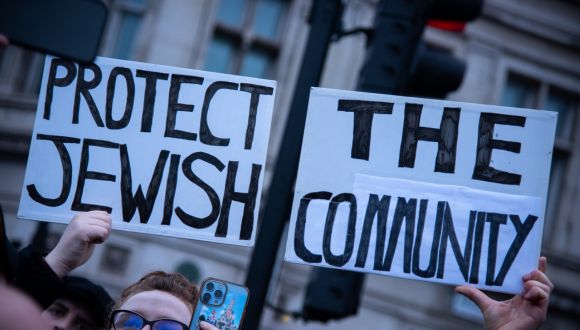
Antisemitic incidents increased also before October 7th
While the dramatic increases in comparison to 2022 largely followed October 7, the Report emphasizes that most countries with large Jewish minorities saw relative increases also in the first nine months of 2023, before the war started. For example, in the United States, ADL data (based on the narrower definition for antisemitic incidents) point to an increase from 1,000 incidents in October-December 2022 to 3,976 in the same period in 2023, but also to an increase from 2,697 incidents between January-September 2022 to 3,547 in the same period in 2023 (NYPD registered a decrease in that period, while LAPD an increase).
In France, the number of incidents during January-September 2023 increased to 434 from 329 during the same period in 2022; in Britain – from 1,270 to 1,404. In Australia, 371 incidents were recorded between January and September 2023, compared to 363 in the same period in 2022. On the other hand, Germany and Austria, where national programs for fighting antisemitism are applied, saw decreases.
Prof. Shavit: “Concern that the curtain will descend on Jewish life in the West”
According to Prof. Uriya Shavit, Head of The Center for the Study of Contemporary European Jewry and the Irwin Cotler Institute, “The year is not 1938, not even 1933. Yet if current trends continue, the curtain will descend on the ability to lead Jewish lives in the West – to wear a Star of David, attend synagogues and community centers, send kids to Jewish schools, frequent a Jewish club on campus, or speak Hebrew”.
Shavit said: “With bomb threats against synagogues becoming a daily occurrence, Jewish existence in the West is forced to fortify itself, and the more it does so, the more the sense of security and normalcy is undermined. What the fight against antisemitism needs now is efforts focused on the hubs of poison, and the presentation of measurable and attainable goals. Foremost, the reality in which big companies make big money by spreading big hate has to end”.
Prof. Shavit added: “The reality is that Israel, as a state, is limited in what it can do for Jewish communities. But even the little that can be done is not done. Israel does not have a meaningful strategic plan for combatting antisemitism that is based on the needs of Jewish communities. The main contributions of the government are pompous statements and sporadic initiatives. Responsibility for combatting antisemitism should be delegated to the Ministry of Foreign Affairs, whose officials are professionals who know the Jewish communities firsthand. The Ministry for Diaspora Affairs and Combatting Antisemitism is redundant. A small example of just how much so: A few months ago, we noted in another report that the link provided on their website in English for reporting antisemitic incidents leads to an empty page. It made headlines in the media. And what happened? Nothing. No one bothered to fix it. It still leads to an empty page. There are no limits to the negligence and lack of professionalism”.
According to Prof. Shavit, “one of the biggest challenges of our time is how to mobilize support for the fight against antisemitism without making it the definer of Jewish identity”.
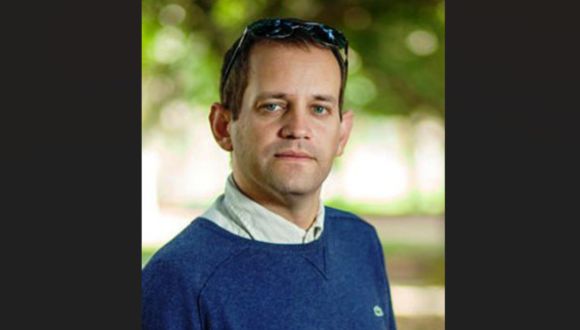
Prof. Uriya Shavit.
ADL Head Greenblatt: “A Tsunami of Hate”
ADL’s CEO and National Director, Jonathan Greenblatt, said: “The aftermath of Hamas’s horrific attack on Israel on October 7th was followed by a tsunami of hate against Jewish communities worldwide. Unprecedented levels of antisemitism have surged globally in the streets of London, New York, Paris, Santiago, Johannesburg and beyond. This year’s report is incredibly alarming, with documented unprecedented levels of antisemitism, including in the US, where 2023 saw the highest number of antisemitic incidents in the US ever recorded by ADL. We are proud to partner with Tel Aviv University on this important annual report which will be used to inform governments and civil society and help push back against antisemitic trends”.
In a special essay for the Report, Greenblatt wrote: “Antisemitism isn’t just an abstract issue. It is a real-life threat to Jewish life in America and Jews around the world, and our history teaches us that we do not have the luxury to be indifferent when moments like these occur. That means we need to be clear-eyed about the threats we face and have the determination to confront them”.
An Emergency Plan by former Canadian Justice Minister
Former Canadian Justice Minister and Attorney General Irwin Cotler offers in the Report a historical and political analysis of the development of present-day antisemitism and a detailed 11-point plan for globally combatting the phenomenon. Cotler warns that “the explosion of antisemitism is a threat not only to Jews, but is toxic to our democracies, an assault on our common humanity, and a standing threat to human security – in a word, the bloodied canary in the mineshaft of global evil. Jews alone cannot combat it, let alone defeat it. What is required is a constituency of conscience – a whole of government, whole of society commitment and action to fight this oldest and most lethal of hatreds”.
The 150-page Report includes in-depth essays on different countries, as well as a study on the profiles of the spreaders of antisemitic content on X (formally Twitter). The essays examine, among other issues, the proliferation of antisemitic discourses in the Arab world, Turkey, and Iran following October 7 and trace their roots. The Report argues that “any future diplomatic negotiations must prioritize the uprooting of antisemitism from Arab societies”.
“The fringes encroach on the political center”
The Report notes that hate speech was articulated already before Israel launched its campaign in Gaza, including on leading university campuses, and thus urged against seeing the recent wave of antisemitism as an emotional response to the war. “Some antisemitic attackers emphasize their problem is with Israel, not with Jews, and then attack Jews and Jewish institutions.”
Dr. Carl Yonker, Senior Researcher and Project Manager at the “Center for the Study of Contemporary European Jewry,” TAU, who wrote a study for the Report on antisemitism in the United States, said: “Contrary to the conventional wisdom, post-October 7 incidents were also led from the far right in America. Neo-Nazis, white supremacists, and others glorified Hamas and used the war to spread antisemitic propaganda along with conspiracy theories, according to which the crisis will advance the replacement of the white majority in the West by migrants from the Middle East. The fringes in the United States are encroaching on the political center from both right and left, making combatting antisemitism much trickier”.
Scapegoating Jews in Russia
The Report notes the impossibility of reliably tracking antisemitic incidents in Russia at the present. An extensive essay in the Report examines the antisemitic rhetoric of the Russian dictator Putin and members of his regime. The Report notes that “At the beginning of 2023, the Chief Rabbi of Moscow in exile, Pinchas Goldschmidt, warned that Jews should leave Russia before they are scapegoated. Sadly, 2023 did not disprove the words of this wise and courageous religious leader.”
On the part of Tel Aviv University, the Report was researched by the Center for the Study of Contemporary European Jewry with the support of The Adam and Gila Milstein Family Foundation and the Irwin Cotler Institute for Democracy, Human Rights and Justice with the support of Richard and Elaine Dubrovsky and Sara Vered.
See full Report here

